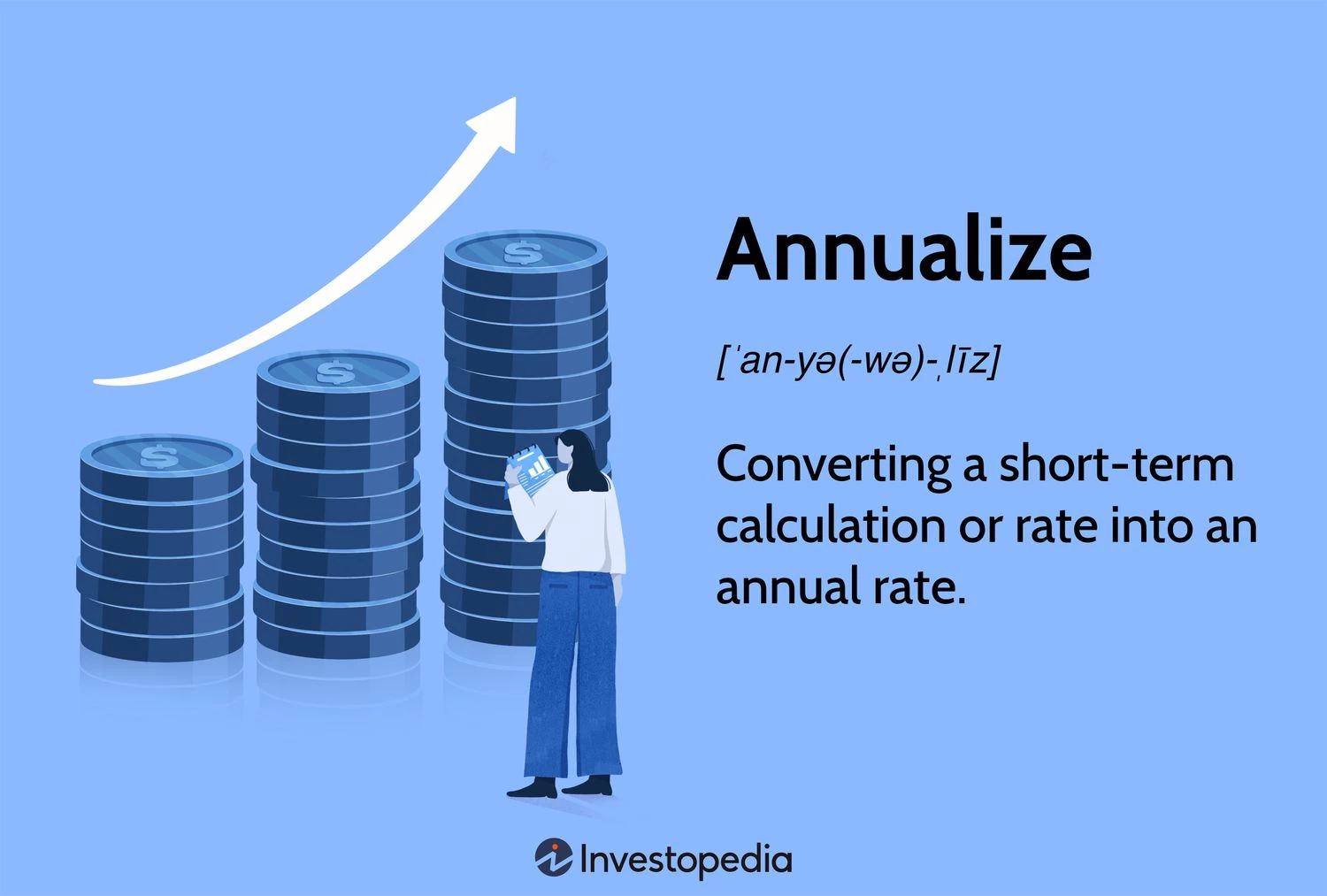What is the Tax Treatment for ETFs?
The Benefits of Exchange-Traded Funds (ETFs) and Understanding Their Tax Consequences
Exchange-traded funds (ETFs) offer investors a convenient and cost-effective way to enhance their portfolios. One of the key advantages of ETFs is their tax efficiency, making them an attractive investment tool for proactive strategies.
Exploring Tax Rules and Money-Saving Strategies for ETFs
Understanding the tax implications of ETFs is crucial for investors looking to maximize returns and outperform the market. Let’s delve into the tax rules applicable to ETFs and explore some effective tax-saving strategies.
Taxes on ETFs
ETFs receive favorable tax treatment compared to mutual funds thanks to their unique structure. While ETFs do not trigger taxable events during share creation and redemption, selling an ETF incurs a taxable event based on the holding period. Different tax rates apply depending on whether the ETF was held for more or less than a year.
Dividends and Interest Payment Taxes
Dividends and interest payments from ETFs are taxed similarly to income from the underlying assets they hold, with different tax rates for short-term and long-term gains based on the holding period. Understanding the tax treatment of dividends is essential for accurate reporting on tax forms.
High-income earners may also be subject to the Net Investment Income Tax (NIIT) when selling ETFs, further impacting their tax liabilities.
Exceptions – Currency, Futures, and Metals
Certain ETFs, such as those focused on currencies, futures, or metals, have unique tax considerations that deviate from general tax rules. It’s important to understand these exceptions and how they may impact your tax planning strategies.
Currency ETFs
Currency ETFs, typically structured as grantor trusts, are subject to ordinary income tax treatment regardless of the holding period. Traders should be aware of the tax implications when dealing with currency ETFs.
Futures ETFs
ETFs trading futures contracts follow specific tax rules, with gains and losses treated as a combination of long-term and short-term gains. Mark-to-market rules also apply, impacting tax obligations on unrealized gains at year-end.
Metals ETFs
ETFs investing in metals may be taxed as collectibles, affecting the tax rates and treatment of gains based on the holding period. Investors should consider these tax implications when including metals ETFs in their portfolios.
Tax Strategies Using ETFs
ETFs offer opportunities for tax planning strategies, such as leveraging losses and gains to optimize tax outcomes. By understanding these tax strategies, investors can enhance their returns and minimize tax liabilities effectively.
Year-end tax planning with ETFs can be beneficial for capitalizing on sector performance and optimizing tax treatments. Implementing smart tax strategies can help investors make the most of their ETF investments.
What Are the Tax Advantages of ETFs?
ETFs are known for their tax efficiency compared to actively-managed funds, offering investors lower taxable events and greater flexibility in tax planning.
How Does the NIIT Work?
The Net Investment Income Tax (NIIT) imposes a 3.8% tax on investment income for high earners, based on specific income thresholds. Understanding the NIIT is crucial for managing tax obligations effectively.
How Do I Handle Dividends on ETF Taxes?
Managing dividends from ETFs involves considering the holding period to determine the tax rate applicable. Qualified dividends benefit from lower tax rates, offering investors opportunities for tax-efficient income generation.
How Are Spot Bitcoin ETFs Taxed?
Spot Bitcoin ETFs are subject to specific taxation rules, with structure and underlying assets impacting tax treatment. Investors should stay informed on the tax implications of spot Bitcoin ETFs for effective tax planning.
The Bottom Line
Successfully navigating ETF tax consequences can boost investors’ overall returns and tax efficiency. By leveraging tax strategies and understanding exceptions, investors can optimize their ETF investments and enhance their financial outcomes.
Awareness of tax advantages and implications specific to ETFs, including exceptions for certain sectors, is essential for effective tax planning and investment decision-making.





